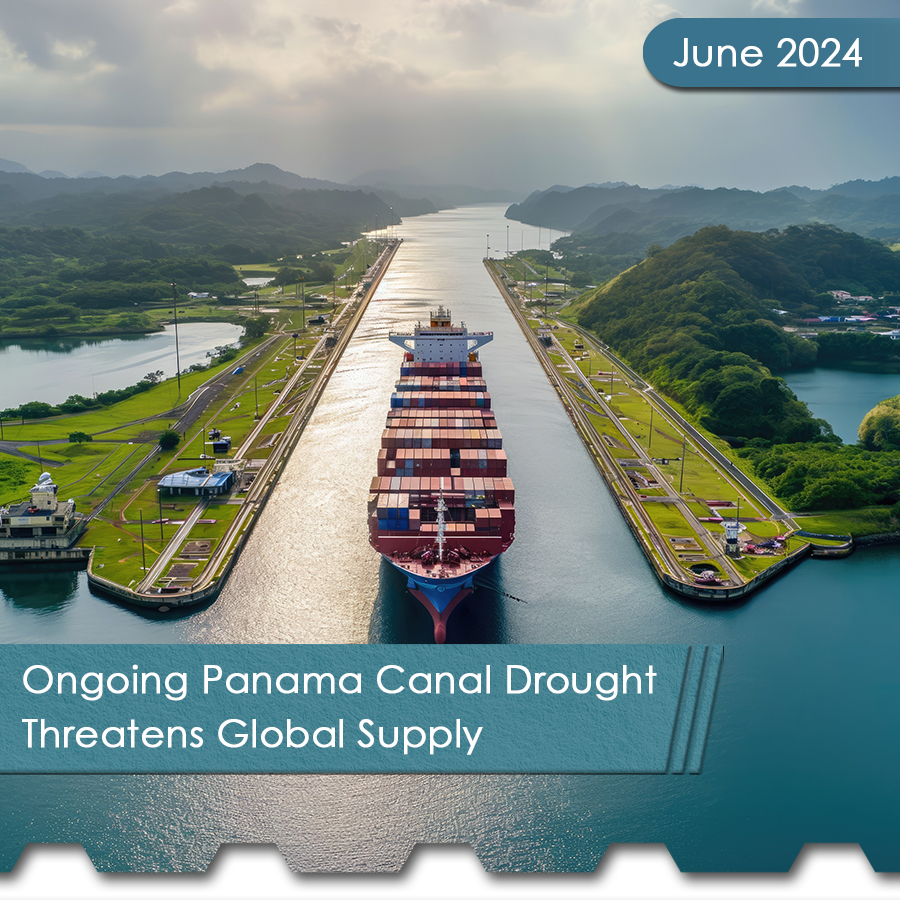Overview
The stability of the oil industry is crucial to the oil-based economies of the industrialized world, and just as vital for the basic needs of Second and Third World countries. The sad truth is, the way we have chosen to live on this planet depends on oil in consistent and abundant quantities. At this time, everyone agrees; the industry is floundering—it is everything but stable.
The industry experts as well as the financial and geopolitical analysts are publishing conflicting predictions about the immediate and long-term future of oil and oil-related businesses. This is bothersome on all levels of concern.
Bloomberg predicts the shale boom is ending. The US Energy Information Administration (EIA) agrees. Despite the doom and gloom brought on by economic predictions, those who are not benefiting from the boom because of regulatory considerations are clamoring to get in on the action. Alaskans are livid over the current administration’s ban on drilling in the Arctic National Wildlife Refuge. And former NYC Mayor Michael Bloomberg, criticizes the New York State fracking ban.
Who and what are we to believe? Is the global economy going to collapse because of the volatile fluctuations caused by overproduction due to the introduction of new technologies that enabled a dramatic shift in the oil powerbrokers?
The answer probably comes from those who benefit the most from the stability of the marketplace. Big Oil is more than likely not going to allow a collapse. The Royal Dutch Shell Plc’s move to buy BG Group Plc may have set the example for the industry and the oligarchy to follow. Consolidate the floundering drillers, control the price, and stabilize the marketplace. Then—business as usual.
Big money, Big Oil, synonymous terms, will bail out the drillers by consolidating, and the minions will happily follow. Read on and see what the alleged pundits have to say. What is at the end of the rainbow?
Expected Price Collapse Could End Shale Oil Boom in May
A Bloomberg article by Lynn Doan and Dan Murtaugh predicts that the shale oil boom that pushed U.S. crude production to the highest level in four decades is grinding to an unceremonious halt.
Output from the prolific tight-rock formations such as North Dakota’s Bakken shale will decline 57,000 barrels a day in May according to the Energy Information Administration. It’s the first time the agency has forecast a drop in output since it began issuing a monthly drilling productivity report in 2013. The plunge in prices has already forced half the country’s drilling rigs offline and wiped out thousands of jobs.
EIA—U.S. Shale Oil Output to Fall in May, First Drop in 4 Years
An article on the Reuters newswire predicts that oil production from the fastest-growing U.S. shale plays is set to fall some 45,000 barrels per day to 4.98 million bpd in May from April, the first monthly decline in over four years, according to recent projections from the U.S. Energy Information Administration (EIA).
The projected slip from 5.02 million bpd in April underscores how record crude production from the U.S. shale boom may be backtracking after global markets saw prices effectively slashed by 60 percent since June on oversupply and lackluster demand.
Shell’s BG Purchase Could Initiate U.S. Shale Deals
A Reuters report by Anna Driver and Ernest Scheyder said that Royal Dutch Shell Plc’s $70 billion agreement to buy BG Group Plc (BG.L) may be just the signal that other dealmakers need to make their own energy takeover bets, particularly in the U.S. shale sector.
Bankers and analysts say that Shell’s move is telling potential acquirers that one of the biggest players is now confident enough to make a big play—that the fears of a further big slide in oil and gas prices may be fading.
The Shell (RDSa.L) deal with BG (BG.L) brings together two European companies with a global reach. A tie-up will ripple across an energy industry ripe for consolidation.
Analysts have said that any of the companies, especially those with prime acreage in oil-rich shale fields in Texas, North Dakota and Colorado, could be up for grabs if a sweet enough offer is made.
ConocoPhillips to Launch U.S. Asset Sales
A Reuters report by Mike Stone says that ConocoPhillips (COP.N) is preparing the sale of noncore oil and gas producing acreage in the United States, the latest indication that oil majors are becoming more accepting of lower oil prices according to people familiar with the matter.
While the world’s oil and gas companies have been looking to buy assets on the cheap since oil prices plummeted, epitomized by Royal Dutch Shell Plc’s (RDSa.L) agreement earlier this month to buy BG Group Plc (BG.L) for $70 billion, they have been reluctant to sell assets in case oil prices recover and they can fetch more.
Although the value of the assets up for sale were not available, industry sources said they expected ConocoPhillips to sell between $1 billion and $2.5 billion worth of noncore assets in the U.S.
Plans Finalized to Ban Oil & Gas Drilling in Alaskan Wildlife Refuge
Washington Times reporter Dave Boyer penned an article about President Obama issuing his administration’s finalized recommendations to expand protected areas of Alaska’s Arctic National Wildlife Refuge, which drew a furious response from the state’s Republican senators and the GOP.
In a letter to Speaker John A. Boehner, Mr. Obama reiterated his intention to preserve the vast energy-rich tract and called on Congress to block about 12 million acres from oil and natural gas drilling.
Republican Sen. Lisa Murkowski of Alaska, chair of the Senate Energy and Natural Resources Committee, vowed to block president’s move. She has introduced legislation permitting oil production in the Arctic refuge.
“We will continue to fight against the administration’s efforts to impose new restrictions on Alaska’s lands and resources,” Mrs. Murkowski said. “A congressional designation of the Coastal Plain as wilderness will not happen on my watch.”
Bloomberg Critical of New York Fracking Ban
A Wall Street Journal article by Amy Harder and Erica Orden reports that former New York City Mayor Michael Bloomberg criticized the state’s ban on hydraulic fracturing, describing the move as “misguided” and instead touting the benefits of natural gas.
“It’s a misguided policy,” Mr. Bloomberg said in a phone interview with The Wall Street Journal. “To keep coal-fired power plants in upstate New York and not frack doesn’t make any sense at all.”






